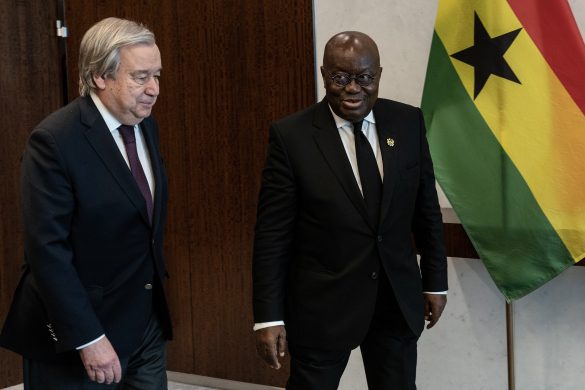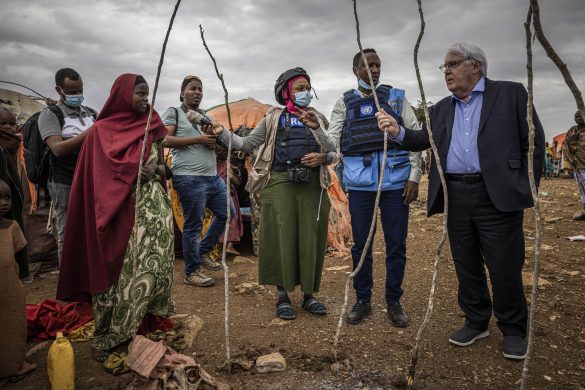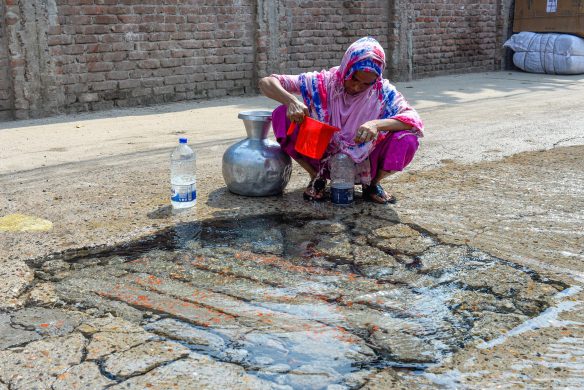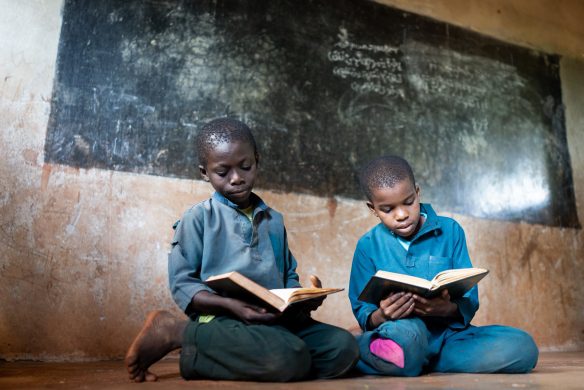Peru, der er værter for FN’s klimaforhandlinger i december i år, melder nu ud, at det var en fejl, at skov ikke fyldte mere i Kyoto-aftalen. Det skal ikke gentages med den aftale, der forventes at blive vedtaget i 2015 i Paris, mener miljøministeren i det sydamerikanske land.
Forests should be at the center of the next global climate framework, Peru’s top environmental official, writes Center for International Forest Research in their latest news round up.
Speaking at the Forests Asia Summit in Jakarta, Peru Environment Minister Manuel Pulgar-Vidal highlighted the complementary position of Latin American and Southeast Asian countries in the lead-up to the next climate agreement — and urged the region’s leaders to put their weight behind an agreement that is more inclusive of a broader range of stakeholders and perspectives.
“It should be clear that we are not going to repeat Kyoto,” he said. “This agreement will be reached from the bottom up.”
A binding climate pact to succeed the Kyoto Protocol is due to be finalized in Paris in 2015. Pulgar-Vidal will preside over the UN climate talks in Lima in December — the last such talks until Paris.
On Tuesday, he was unequivocal about the need to act now. “We are in a special time,” he said. “We are building momentum because we are short on time. … We need to have an output from Lima.”
Udpluk fra miljøministerens tale
Many countries in Latin America, Chile, Columbia, Mexico has already developed the green economy policy. Peru is working on that. But we need to include more forestry considerations into the green economy. Mostly, mostly, based on what it is a reality. The reality in many of our countries in Latin America, the bigger, biggest source of green house emission, it is deforestation and land use change.
So if we want to have a very clear policy to deal with that problem, we need to include in our green economy discussion, the consideration of the forest. And also we have the discussion of the TEEB. The Economic of Ecosystem and Biodiversity. In which we should recognize that for development we don’t need only artificial or human infrastructure. What we need to consider it is the natural infrastructure. How can we consider as part of the policy to creating growth in our country, that natural infrastructure.
So if we want to have a very clear policy to deal with that problem, we need to include in our green economy discussion, the consideration of the forest. And also we have the discussion of the TEEB. The Economic of Ecosystem and Biodiversity. In which we should recognize that for development we don’t need only artificial or human infrastructure. What we need to consider it is the natural infrastructure. How can we consider as part of the policy to creating growth in our country, that natural infrastructure.
So what I think is that we need to put closer the forestry discussion in all this big debate. The post 2015 debate, the SDGs, the TEEB, the green economy among many others.
The forestry issue. For me the forestry topic it is a still the younger brother of the climate debate. Because the forest consideration in the climate debate has been developed mostly as a mechanism. Not as an objectives.
In country as in Peru, the contradiction between the national policies and the regional policies is creating a lot of conflicts. So what we need to do is to recognize that probably in the local sectors is going to take better decision but framed by a national policies. And we need to create the condition to fit both of them.
We need to have political decision, political solution to the forest, as part not only of the climate debate but the development debate. Thank you very much.














